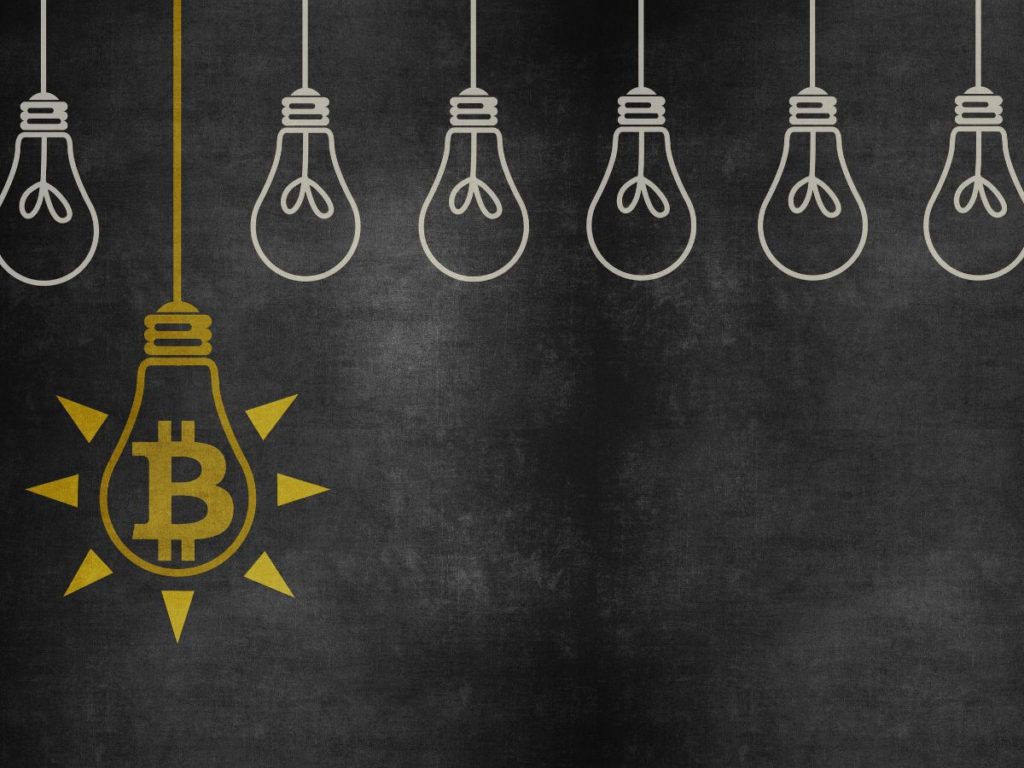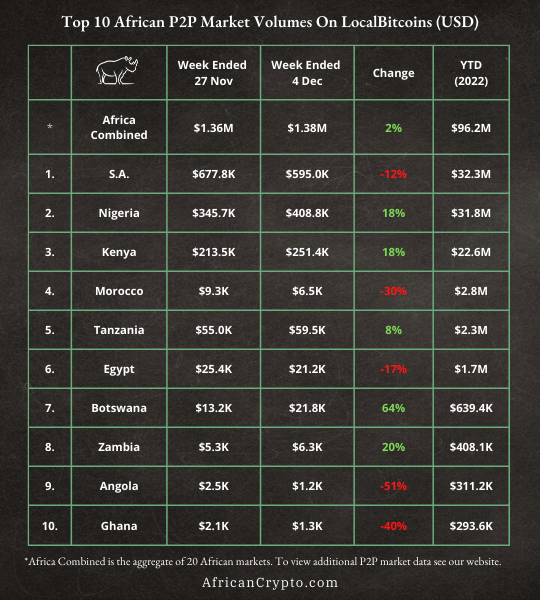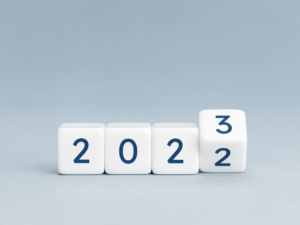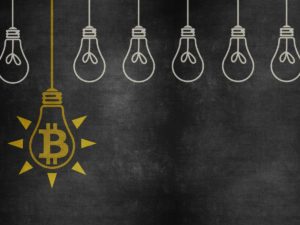Welcome back to the African Crypto Weekly. December is in full swing and 2023 is coming into view. The crypto news cycle hasn’t slowed down yet, but before we get into the details, let’s kick it off with P2P.
New to this newsletter? You can subscribe here.

Africa Combined
For the week ended 4 December, Africa Combined volume on LocalBitcoins was $1.38 million, which represented a 2% improvement on the previous week’s volume of $1.36 million. This marks the third consecutive week of growing volume since the FTX shock. Transactions came in at 4,652 for the week ended 4 December, which represented an 8% improvement on the previous week’s count of 4,318.
South Africa
SA’s volume for the week ended 4 December was $595.0K, which represented a 12% decline on the previous week’s volume of $677.8K. Transactions came in at 1,214 for the week ended 4 December, which represented a 12% improvement on the previous week’s count of 1,087. The gap between SA and Nigeria for the top spot in YTD volume terms now sits at $520.6K, in SA’s favour.
Nigeria
Nigeria’s volume for the week ended 4 December was $408.8K, which represented an 18% improvement on the previous week’s volume of $345.7K. Transactions came in at 1,247 for the week ended 4 December, which represented a 5% improvement on the previous week’s count of 1,182.
Kenya
Kenya’s volume for the week ended 4 December was $251.4K, which represented an 18% improvement on the previous week’s volume of $213.5K. Transactions came in at 1,544 for the week ended 4 December, which represented a 12% improvement on the previous week’s count of 1,379.

Funding – Gridless
Newsletter #28, which went out on 14 October, covered the “growing buzz” about a Kenyan project called Gridless. On Tuesday, Gridless founder Erik Hersman announced that the project had raised a $2 million seed round co-led by Stillmark and Block, the latter being a tech conglomerate led by ex-Twitter CEO Jack Dorsey. Gridless’ approach involves partnering with small scale energy producers in rural Africa to subsidise the development of renewable energy projects.
The company acts as a buyer of first and last resort for energy produced from mini-grids and in turn uses this excess energy to run Bitcoin mining operations onsite, thus generating revenue. This has the effect of lowering tariffs for other users that draw power from the mini-grid, thus lowering the barrier of access to electricity. As the community’s needs grow, Gridless scales back how much energy it pulls from the grid. So far, three out of the five pilot projects contracted by the company in rural Kenya are operational. Gridless has plans to expand to other countries in East Africa.
Partnerships – Grassroots Economics x Celo
Last Thursday, Grassroots Economics (GE) announced that it is moving to the Celo blockchain. GE is a Kenyan non-profit that has been conducting research on Community Inclusion Currencies (CICs) for over a decade. CICs are a medium of exchange that can only be used within a certain community or network. In the humanitarian and development context, the goal behind such an approach is to lock injected value in a marginalised community, thus allowing it to circulate for longer.
As of July 2022, GE had helped 47 communities in Kenya and South Africa to develop their own CIC programs, the most well-known being the Sarafu Network in Kenya. The move to Celo will mean that tokens issued by communities in GE’s ecosystem will now be issued on the Celo blockchain. To support GE, the Celo Foundation provided the non-profit with enough stake to operate a validator node. According to GE’s founder, Will Ruddick, the rewards from operating as a validator on Celo will allow the non-profit to cover gas fees for CIC users.
Music NFTs – Loop x Jay Em
Last week, Jay Em, a music duo from South Africa, announced the launch of their music NFT project titled The Loop x Jay Em NFT project. The project is made up of 1,000 NFTs. A purchase of a single NFT gives a buyer access to five tracks, each coming with a unique piece of digital art. Among other benefits, NFT holders will also receive an ownership share in the accompanying music and a percentage of royalties and income derived from the licensing of any of the tracks.
To deliver this project, Jay Em partnered with a platform called Loop. Loop was developed by FeelMyFlo, a digital music distribution service based in the UK. Since NFT art took off in 2021, there has been chatter that music NFTs could be next. Advertised benefits of music NFTs include that they give musicians a different pathway to monetisation and also provide new incentive mechanisms around artist discovery.
Exchanges – AAX
Over the past week, major crypto publications published a story that Nigerian users of now defunct AAX exchange had stormed the exchange’s office in Lagos and attacked staff. On Tuesday, SiBAN, a self-regulatory blockchain association in Nigeria, issued a statement that these reports are false.
Regulatory – Nigeria
A couple of weeks ago, newsletter #34 covered how Kenya’s lawmakers are weighing a bill that will introduce a taxation regime for crypto. Nigeria looks set to follow suit, with The Cable reporting that the country’s draft Finance Bill 2022 has provisions clarifying the tax treatment of cryptocurrencies and other digital assets. The bill is still working its way through the drafting process, with the next stop being Nigeria’s Federal Executive Council before it gets sent to the National Assembly.
Partnerships – Strike x Bitnob
On Tuesday, Strike CEO Jack Mallers announced that Strike will partner with Nigeria’s Bitnob to facilitate cross-border payments via the Bitcoin Lightning Network. Cointelegraph reports that the announcement was made onstage during the AfroBitcoin conference in Ghana. Bitnob CEO Bernard Parah explained that users of the feature known as Send Globally won’t touch any Bitcoin. Instead, when a Strike customer initiates an international USD transfer, the USD is converted into Bitcoin, sent via the Lightning Network to Bitnob, which then converts it to local currency and deposits it to any supported phone number or bank account.
According to Strike’s website, Bitnob account holders can also elect to receive payment in stablecoins. Currently, the available payment corridors for the Send Globally feature are from the US to Nigeria, Ghana or Kenya and vice versa. However, there are plans to roll out the service across Africa. Strike’s website says it won’t charge a fee for the Lightning Network transfer but will apply a margin for the foreign currency exchange, which will be shared with its third-party partners.

Mandela Amoussou | AfroBitcoin Conference – Highlights and a Recap (Securities.io)
Emele Onu | Nigeria Caps ATM Cash Withdrawals at $45 Daily to Push Digital Payments (Bloomberg)
Jessica Klein | Most Influential Artist: Osinachi (Coindesk)
PR Newswire | Cardano Founding Entity EMURGO Launches EMURGO Media (PR Newswire)

Uyo, Nigeria | VIBRA Bitcoin Summit | 10 December, 10am (Twitter)
Lagos, Nigeria | Wasset Community Hangout 1.0 | 17 December, 9am (Twitter)
Nairobi, Kenya | Blockchain Christmas 2022 | 17 December, 10am (Twitter)







